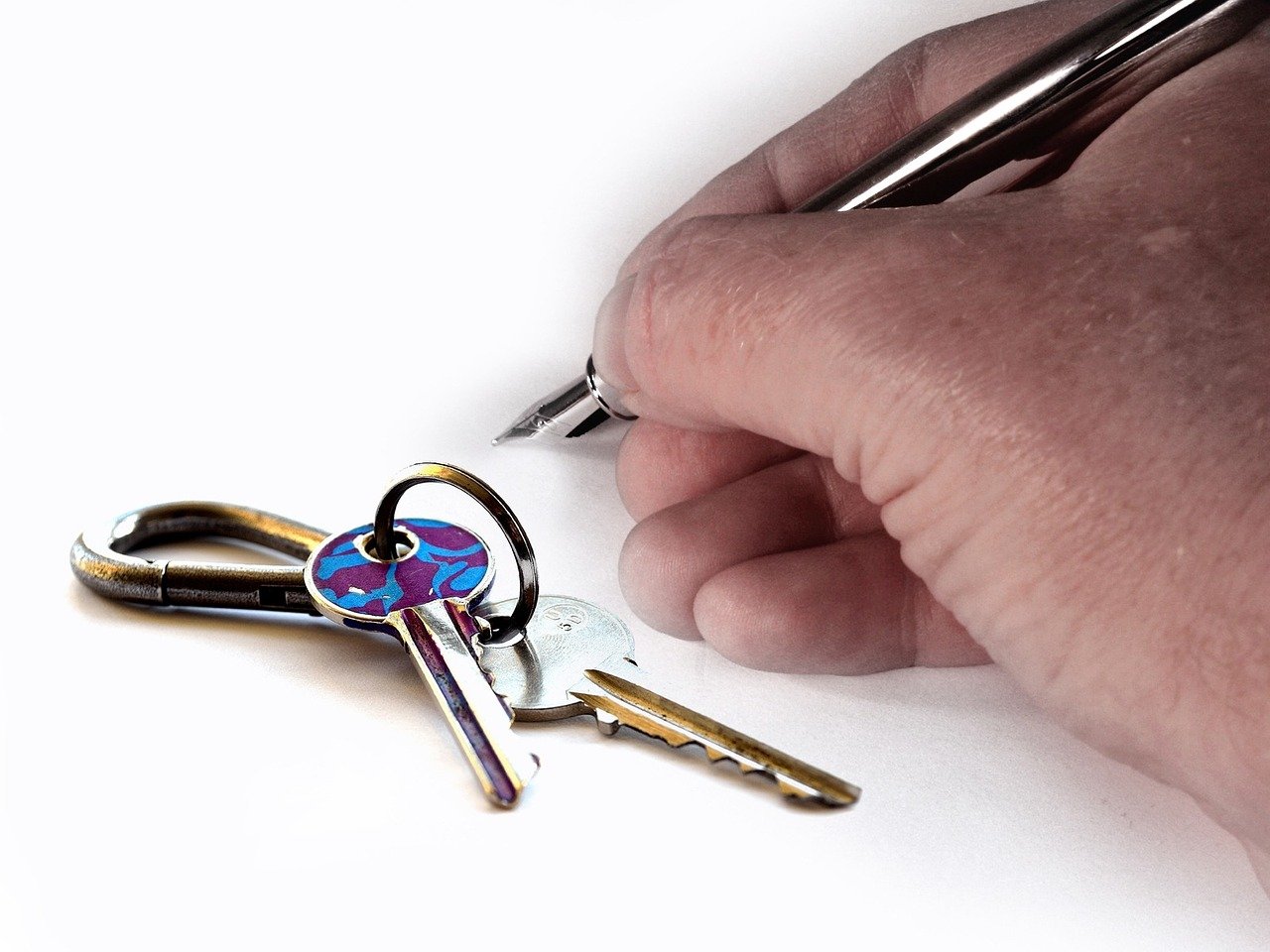Turning a hobby into a career? Sounds like a dream, right? No more clocking into a job you don’t love, no more squeezing your passion into the scraps of time left after work. Just you, doing what you love, making a living from it. But here’s the thing—going pro isn’t just about doing more of what you enjoy. It’s a shift. A mindset change. A whole new way of thinking about your craft.
Photo Pexels
Table of Contents
Passion Alone Isn’t Enough—You Need A Plan
Loving what you do is great. Essential, even. But it won’t magically turn into a paycheck. At some point, you have to sit down and figure out how to make this work. And no, that doesn’t mean you need a giant business plan with spreadsheets and five-year projections (unless that’s your thing). It just means you need some direction.
Who’s paying for what you do? How much do you need to charge to make a living? Where are those customers going to come from? These aren’t fun, creative questions, but they’re the ones that turn a passion into something sustainable. Otherwise, you’re just winging it and hoping for the best.
Mindset Shift: Think Like An Entrepreneur
Here’s the difference between a hobbyist and a pro: Hobbyists do things when they feel like it. Pros show up whether they feel like it or not. There’s a discipline to it. A consistency. A level of commitment that doesn’t depend on vibes.
And that shift? It’s tough. Because suddenly, your art, your craft, your thing—it’s not just for you anymore. It’s for clients, customers, an audience. That doesn’t mean it becomes soulless, but it does mean you have to start thinking about what people want and how you’re delivering it. You can’t just be creative. You have to be strategic.
Embrace The Business Side Of Things
When you turn your passion into a business, you’re signing up to do a lot of things that have nothing to do with the passion itself. Taxes. Invoices. Marketing. Figuring out how to actually get paid.
It’s the part nobody really talks about, but it’s just as important as the creative side. And it doesn’t have to be terrifying. You learn as you go. You make mistakes. You realize, “Oh, I probably shouldn’t have undercharged that client so badly that I made 50 cents an hour.” The sooner you get comfortable with the not-so-fun parts, the smoother the ride.
Systems Make All The Difference
Ask any successful pro how they make things work, and at some point, they’ll say systems. Because when you’re doing this full-time, you don’t have time to be inefficient. If you’re spending hours every week manually responding to every inquiry, tracking every sale, or managing inventory by scribbling things in a notebook, you’re making life harder than it needs to be.
Even something as simple as investing in a restaurant POS if you’re running a food business can be a game-changer. Automating just a few repetitive tasks can free up time for the part you actually love. The part that made you want to do this in the first place.
Pricing And Knowing Your Worth
Oh, pricing. The part where every creative person spirals into self-doubt and wants to crawl under a rock. Because charging people for something you used to do for fun? Uncomfortable. But necessary.
You’re not “just” making a cake or taking photos or designing a logo. You’re offering skill, experience, and time. That’s worth money. And no, “exposure” doesn’t pay bills. The sooner you get comfortable with charging what your work is worth (not what makes you feel nice), the better off you’ll be.
Your Network Is Your Net Worth
You can be incredible at what you do, but if nobody knows you exist, it doesn’t matter. That’s the hard truth.
A huge part of going pro is putting yourself out there—connecting with others in your field, showing up online, and getting into spaces where people can see your work. It’s not about being pushy. It’s about being visible. About being top of mind when someone needs exactly what you offer.
And guess what? The best opportunities? They usually come from people you know. Or people who know people you know. So start building those connections.
To Conclude
Going from hobbyist to professional isn’t about being the best in the world. It’s about showing up, figuring things out, and treating it like the real thing. Because it is the real thing. It’s a shift, but it’s one that can change everything. You just have to decide: Are you ready to go all in?













